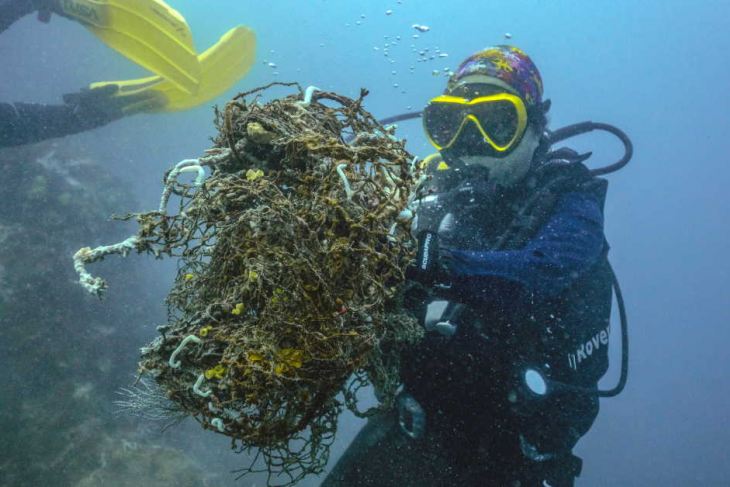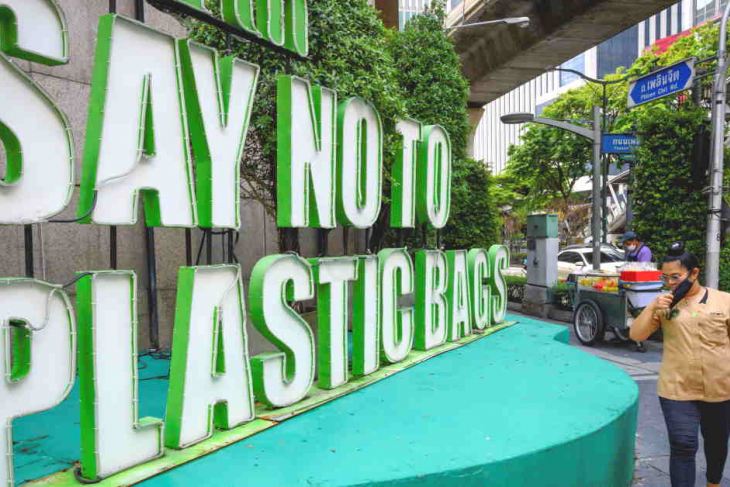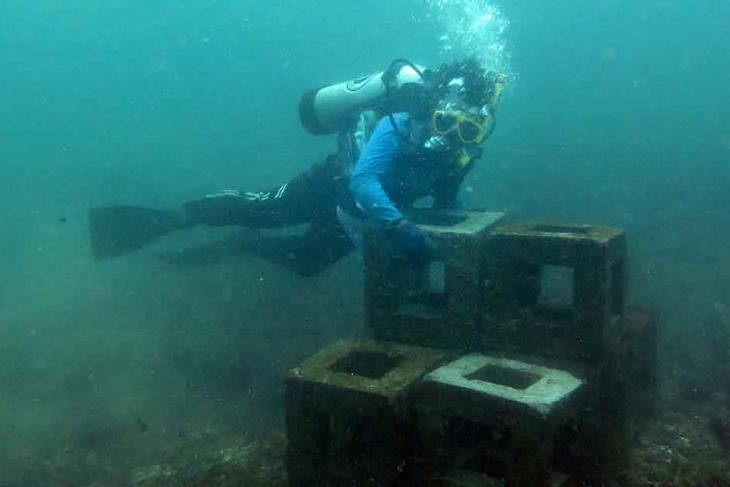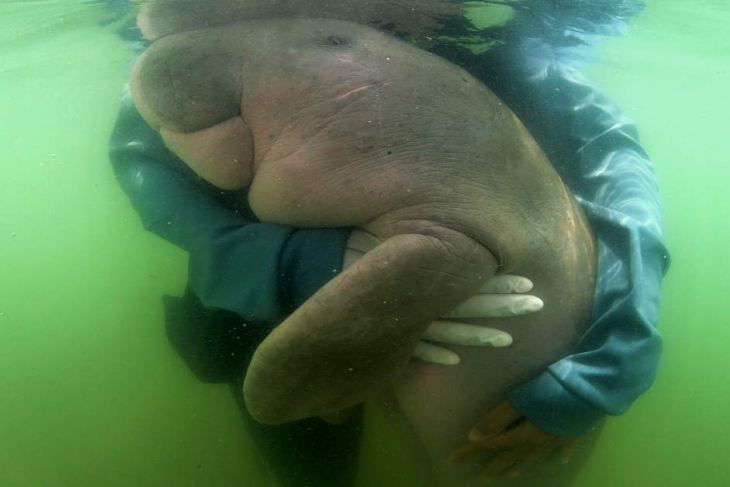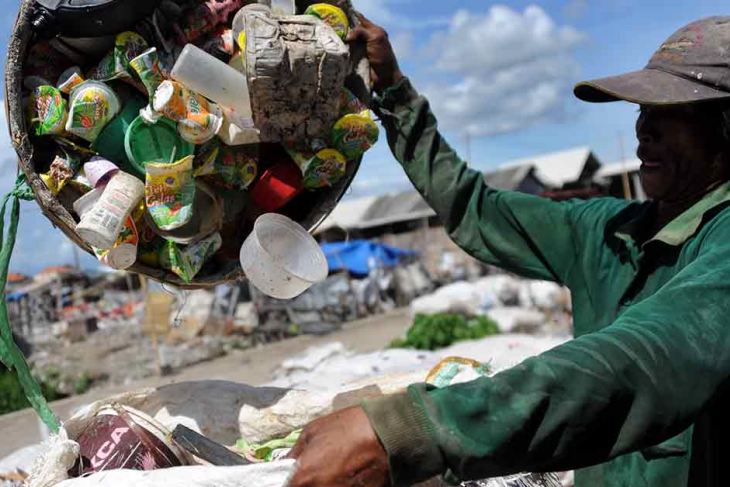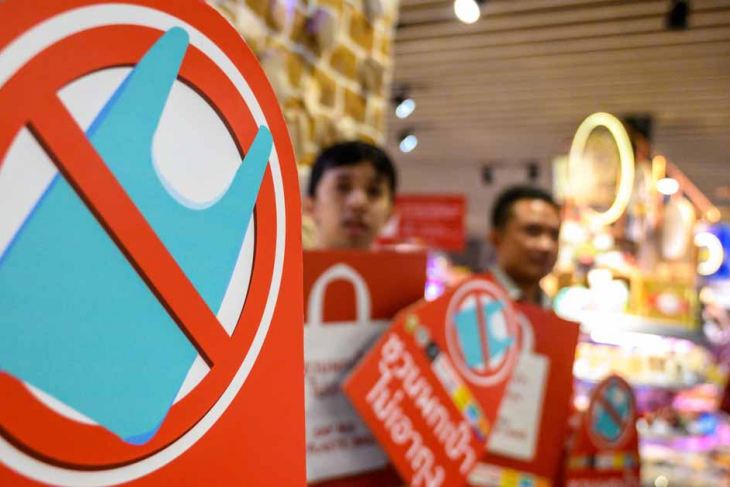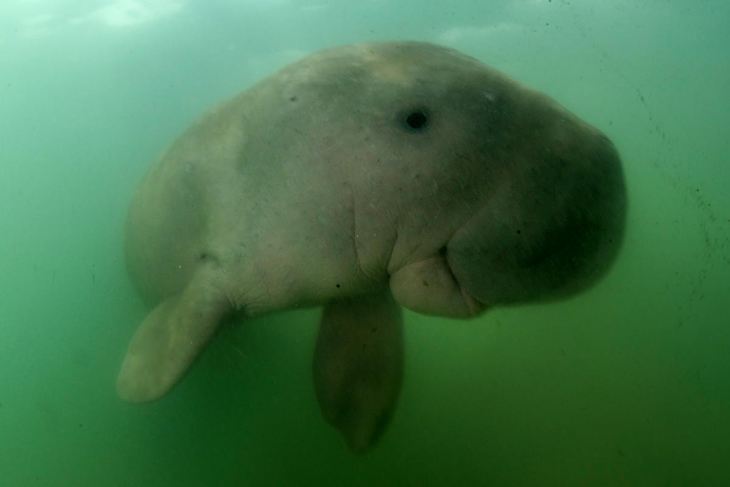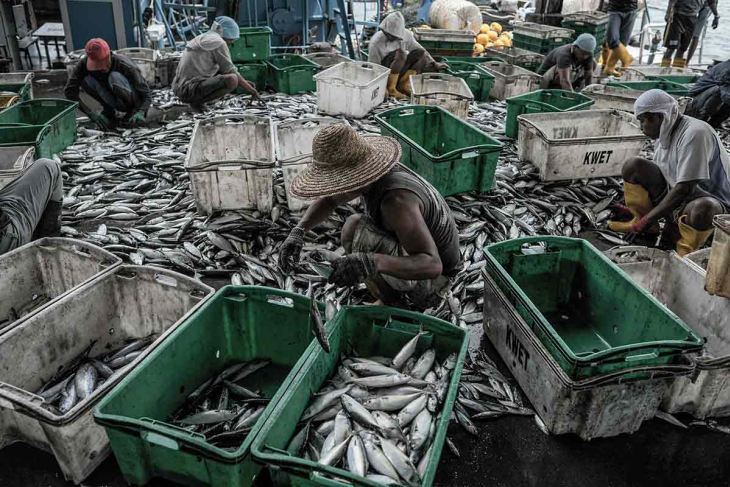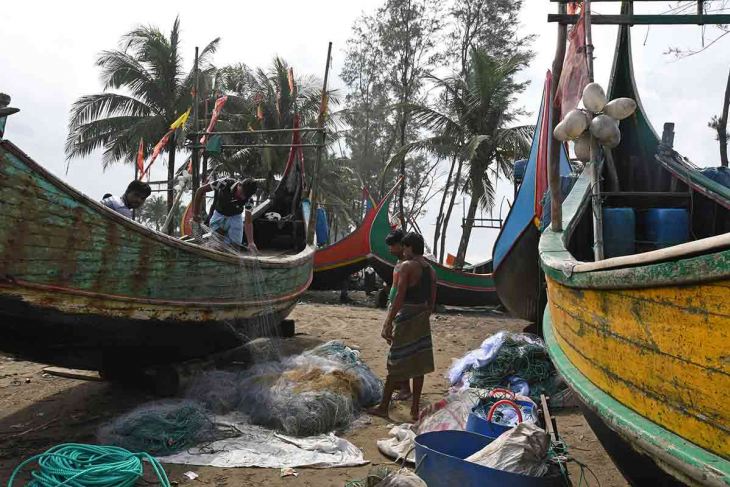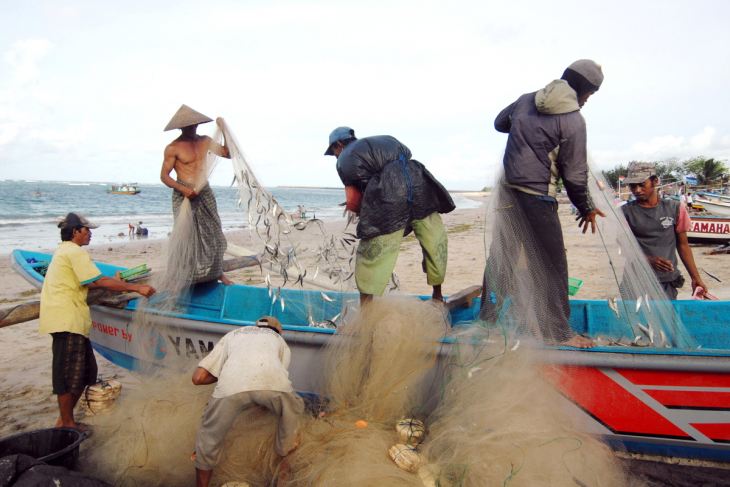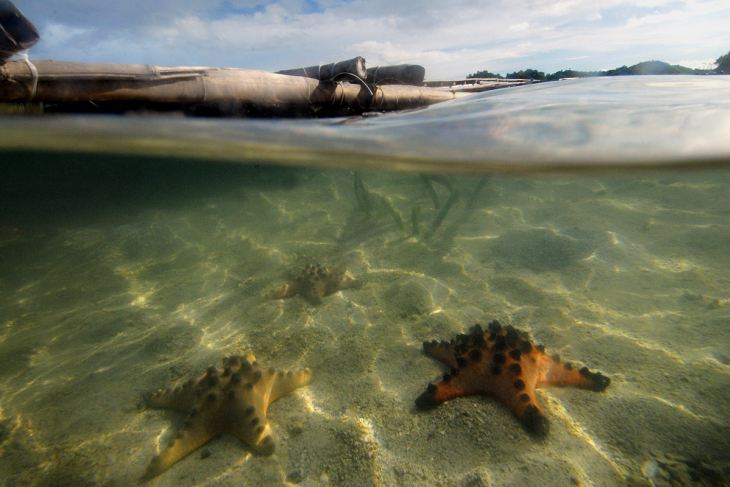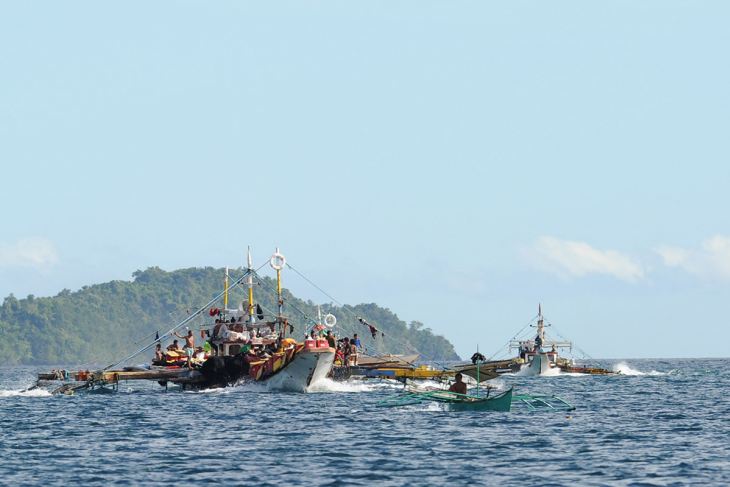Thai 'Ghost' Fishing Nets Help COVID Fight
Underwater divers in plastic-choked waters off the coast of Thailand snip through discarded nets tangled around a reef – a new initiative helping protect marine life and aiding the fight against coronavirus.The "ghost nets" discarded from the country's lucrative fishing industry are a deadly source of plastic pollution, ensnaring turtles and cutting into delicate coral beds. Left unattended, "they could stay adrift for decades, either entrapping or becoming the fo
